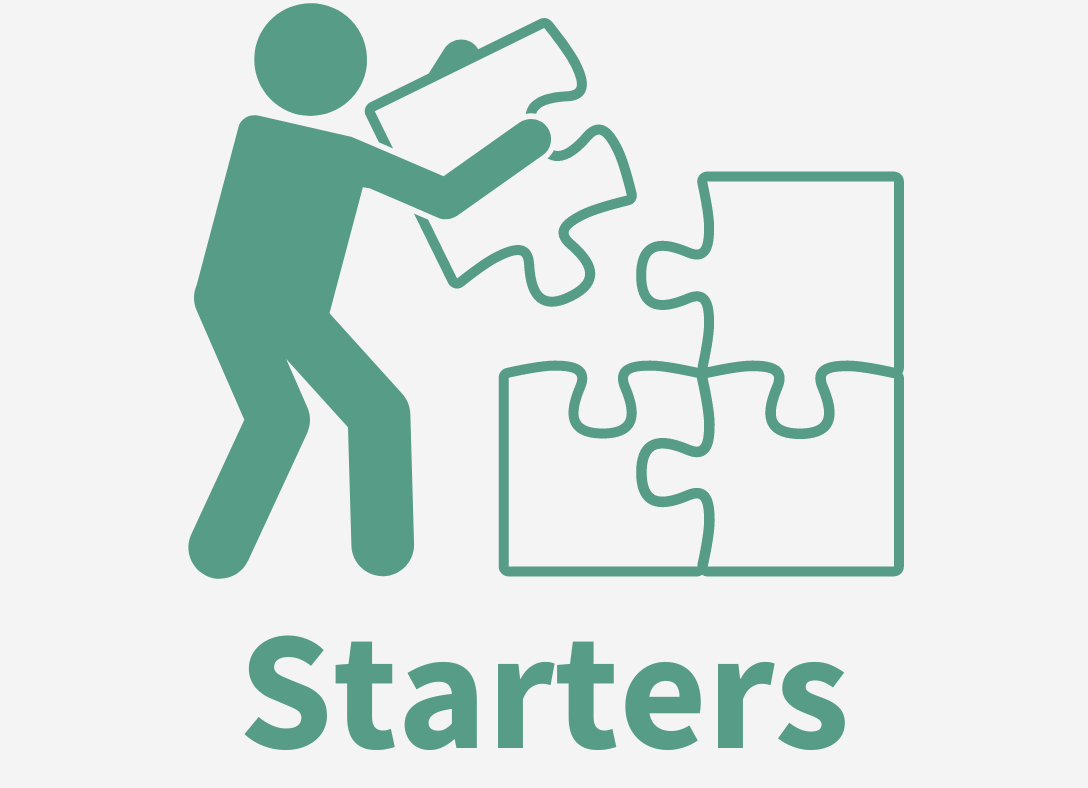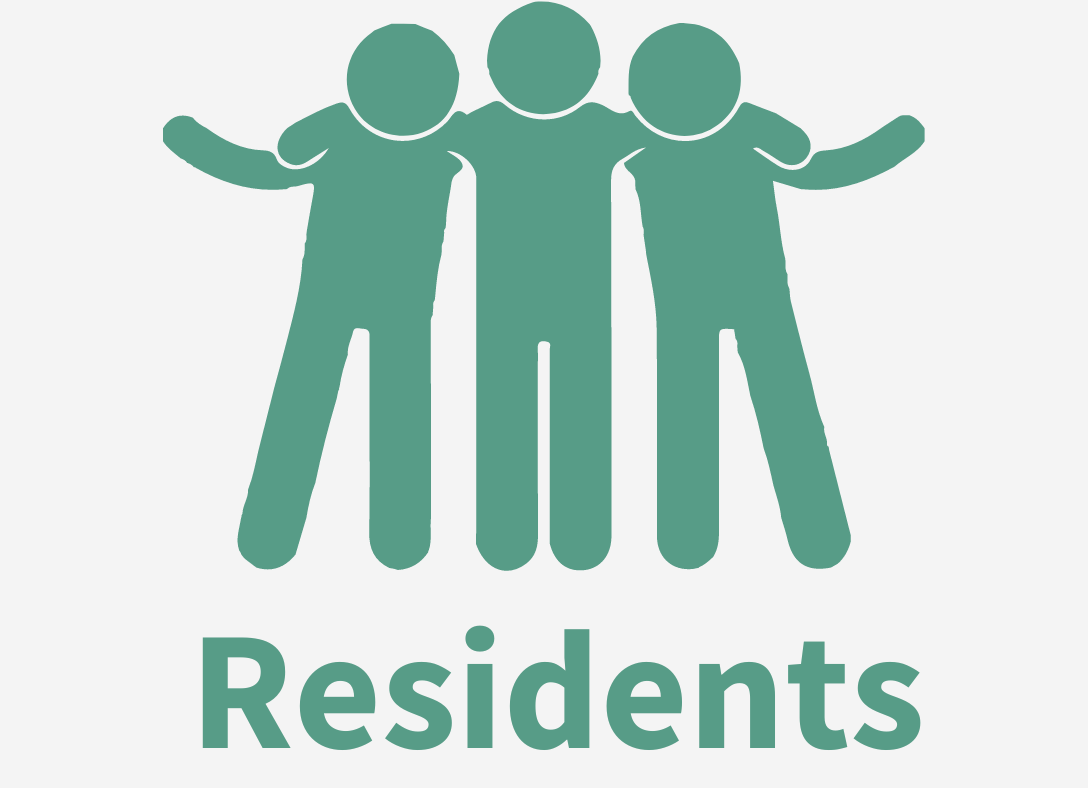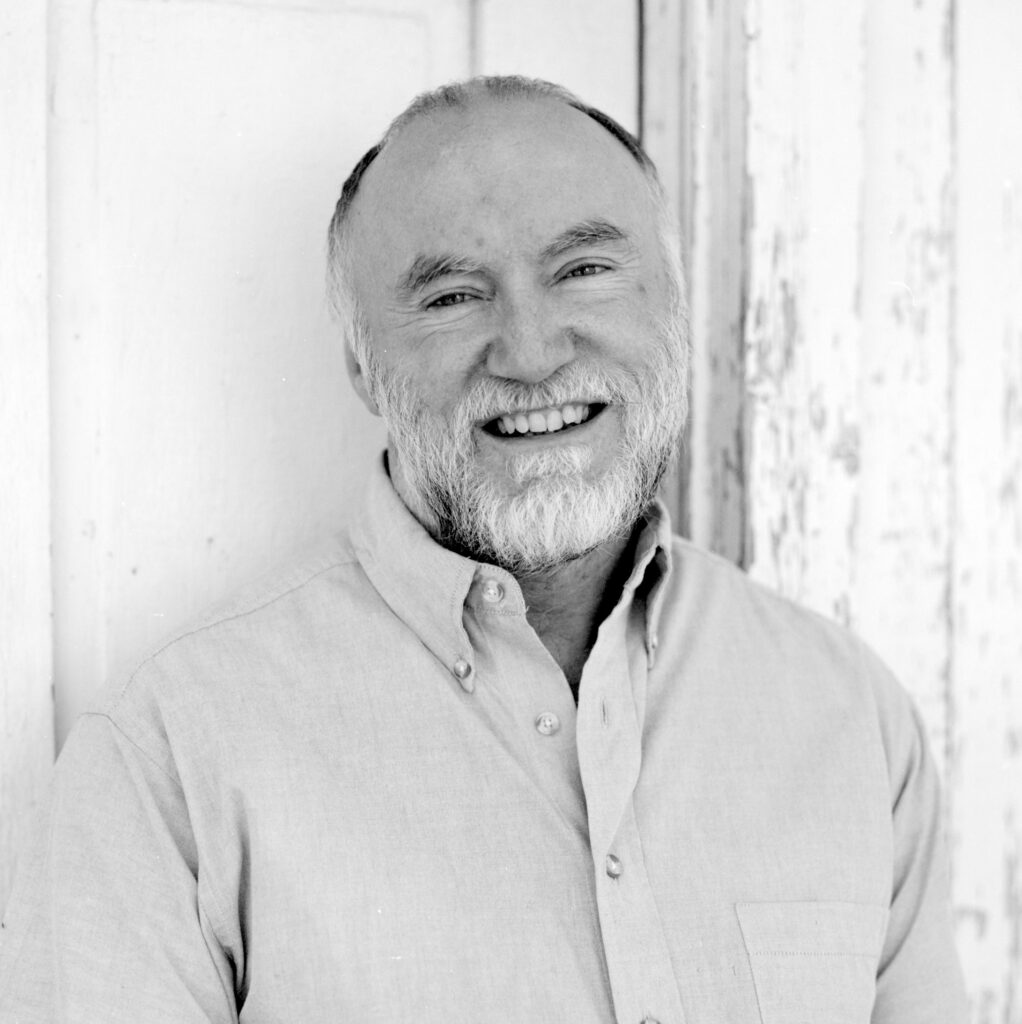Working with Conflict in Community
6-week Online Course | Starts May 7, 2024
Learn where to anticipate conflict, how to problem solve, and how to establish a care team in the Working with Conflict in Community course.
Course fee: $120-$220 USD
Individual class fee: $20-$50 USD
On this page:
Classes in this course are suitable for:![]() Community Newcomers |
Community Newcomers | ![]() Community Seekers |
Community Seekers | ![]() Community Starters |
Community Starters | ![]() Community Residents
Community Residents
Course description and syllabus
Failure to prepare for conflict is one of the big reasons intentional communities struggle and eventually fail. Most groups don’t explicitly discuss how they want to work with reactivity and the expression of strong feelings. Lacking a common understanding about how to handle these moments, most groups are paralyzed by their occurrence and bad things happen (work gets stopped, feelings get suppressed, fights break out, and relationships are damaged). It’s not pretty..
But there is no reason for your group to break down in the face of conflict. Get prepared and skilled up to handle whatever is coming your way. In Working with Conflict in Community, you will learn the tools and techniques that can support you and your members in moving through conflict.
Distilled from more than three decades of working as a professional facilitator and trainer for cooperative groups, Laird Schaub will cover what you need to know to move through conflict with as much grace as possible. And come out the other side stronger than before.
Live classes are hosted on Zoom. All classes are recorded and available on our learning platform within 24 hours after each class ends and through 30 days after the last class.
Classes and topics in the Working with Conflict in Community syllabus include:
Individual classes starting at US $20
May 7: Conflict: Working with Feelings & Emotions in Community



- the inevitability of emotions and why it’s better to learn how to work with them than to try to exclude
- some of the time, emotions lead to non-trivial reactivity–while chaotic, those moment are also a source of information and energy
- the relationship between distress and distortion
- the synergy of working with both ideas and energy
May 14: Creating & Working with a Heart Team to Resolve Conflict



- recommended sequence of escalating steps for working through conflict
- the essential ingredients for having a group culture that works effectively with conflict
- the advantages of a Care Team and how to set one up
May 21: Working with Conflict in the Moment as a Group


- knowing when to work conflict in the plenary, and when to ask that be handled in another setting
- advantages of working with reactivity in the moment
May 28: Relationship Repair in Community


- recognizing the primacy of healthy relationships in community
- distinguishing among determining blame, problem solving, and relationship repair
- 4-step model for effecting relationship repair
June 4: Sharing Conflict Concepts with Your Community

- understanding the resistance to working with feelings and conflict in your group
- what you can do to address the resistance
- developing a clear strategy to introduce conflict concepts to your group
June 11: Resolving Conflict: Anticipating Necessary Conversations & Feedback

- identifying the hard conversations associated with conflict
- how to prepare for the hard conversations
- the importance of having clean feedback channels among members
All Working with Conflict in Community classes are held on Tuesdays from 8-10am Pacific / 9-11am Mountain / 10am-12pm Central / 11am-1pm Eastern. You can view your local time here.
June 18:Q&A Session
- Ask any additional questions
- Get personalized help
- Networking
The Q&A session is optional and will take place from 8-9am Pacific / 9-10am Mountain / 10-11am Central / 11am-12pm Eastern. You must register for the full course to attend the Q&A session.
Your instructor

Laird Schaub
Laird’s specialty is up-tempo inclusive meetings that engage the full range of human input, teaching groups to work creatively with conflict and diversity—all the while being ruthless about capturing as much product as possible. He lived for four decades at Sandhill Farm, an income-sharing rural community that he helped found.
Laird also helped found the Foundation for Intentional Community, where he served as the main administrator for 28 years. In 1987, he created a self-insurance fund for healthcare among income-sharing communities called PEACH (Preservation of Equity Accessible for Community Health) that he ran for 22 years.
In addition to his expertise in community living, he’s parlayed his passion for good process into a consulting business focused on cooperative group dynamics, styled CANBRIDGE (Consensus And Network Building for Resolving Impasse and Developing Group Effectiveness), since 1987.
Read his blog Laird’s Commentary on Community and Consensus
Testimonials
The elements of an online course
Online learning platform
Once you register, you’ll get access to our learning area that includes:
- class slides and other course materials
- class video recordings, audio files, and transcripts for learning on the go
- recommended books with access to course participant discount
- a dedicated discussion forum to connect with your classmates
Live interactive sessions
Each week you join a 2-hour live class with the course instructor, where you learn in a group setting with:
- interactive presentations
- break out sessions
- group discussions
- the opportunity for questions and answers, and personalized support
Classes are recorded if you miss one, and you will have 30 days after the last class to view recordings.
Journey with a cohort
You’ll join participants from around the world how, like you, want to learn how to be better communitarians. Benefits include:
- opportunities to connect with like-minded people
- opportunities to share ideas and stories
- a network of support to carry your community project forward
Registration
You might also be interested in
- Navigating Conflict and Restoring Connection (Inside Community Podcast episode with Alyson Ewald)
- The Cooperative Culture Handbook
- Consensus for Communities (10-hour pre-recorded course)

